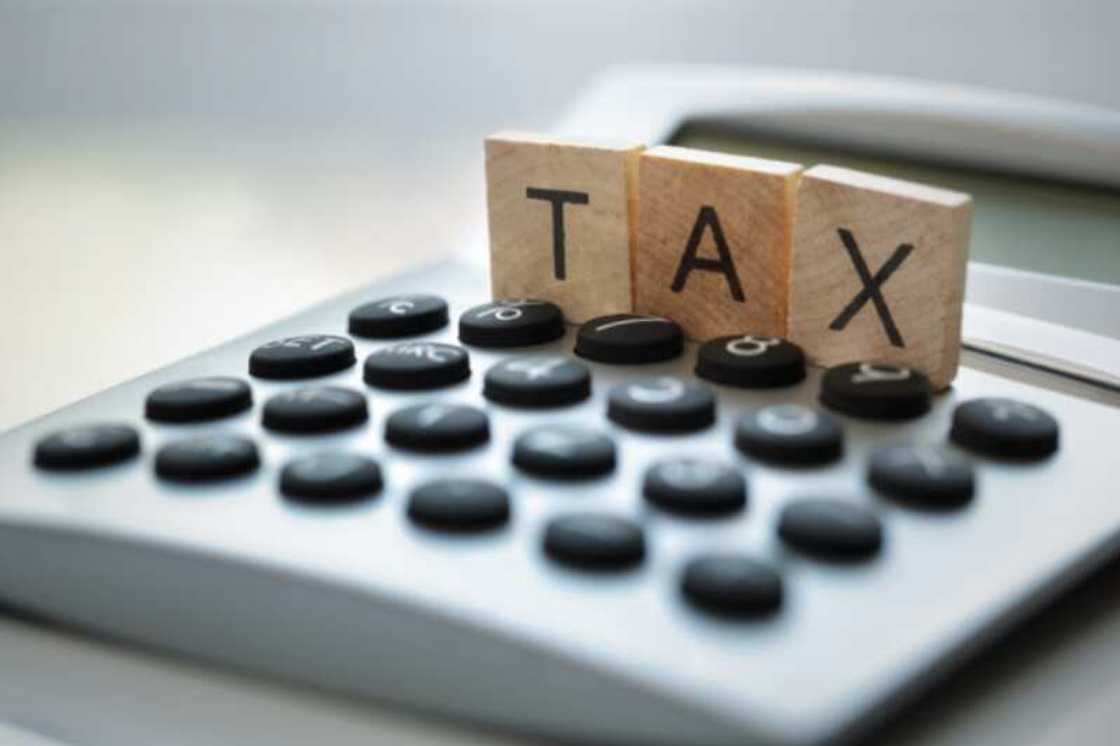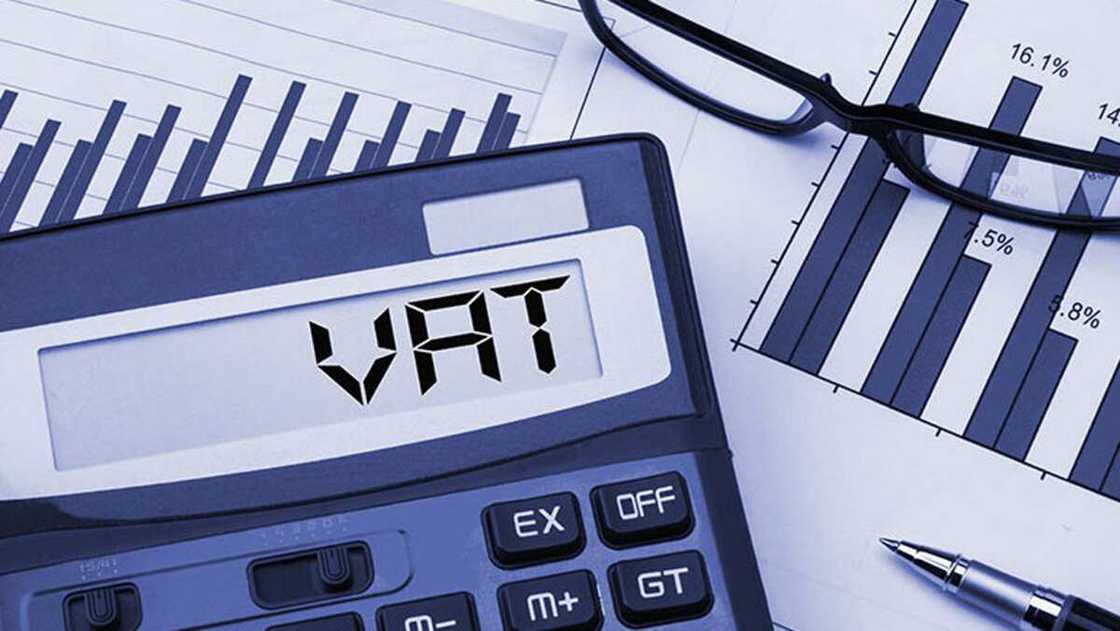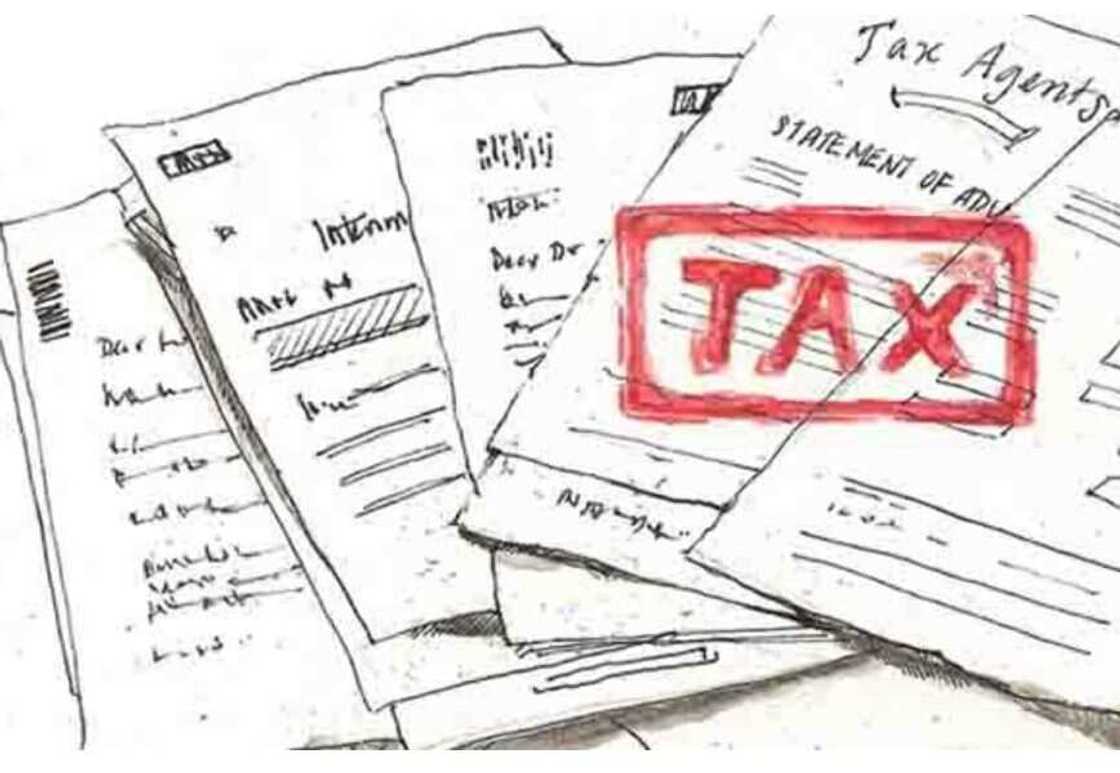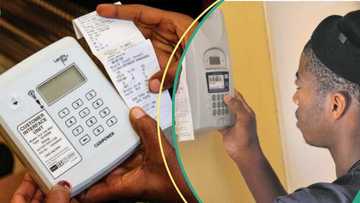Types of taxes in Nigeria: all you need to know
Every country collects different taxes from its residents and local companies. What are the types of taxes in Nigeria in 2019? Let us describe them all. This will be useful information for everyone who thinks about launching a new business in our country or investing their money into a local project.

Source: UGC
Photo: brandspurng.com
Types of taxes collected by state government in Nigeria
Nigeria is a modern country with a huge population that accounts for more than 190 million people. All these people are expected to pay taxes if they work, run a company, do freelance projects or earn money in any different way.
It is important to know all the different types of taxes in Nigeria because you must pay them correctly and according to your occupation. Non-paying can result in expensive fines that can cut down your profits and make you earn way less than you possibly could.
Various types of taxes in Nigeria are collected by Federal Inland Revenue Service shortly abbreviated as FIRS.
READ ALSO: What types of income are taxable in Nigeria?

Source: UGC
Photo: guardian.ng
So, what are the types of taxes in Nigeria in 2019? Official website of FIRS lists many types of taxes collected in Nigeria. As of today, there are 9 of them:
- CIT
- WHT
- VAT
- PPT
- PIT
- SD
- CGT
- NITDL
- EDT
Finances have to be counted, taxes must be paid. You already know what are the types of taxes in Nigeria. Now, let us shortly describe each of them.
1. CIT (Companies Income Tax)
This is one of the main types of taxes collected by state government in Nigeria. CIT stands for Companies Income Tax. Each firm or company that is established in our country has to pay tax on its profit.
How much is CIT value? Businesses have to pay 30 percent of their overall profit. The time when this tax is paid depends on whether the firm is new or already exists.
By the way, if a firm is at least 4-year-old, it could pay the minimum tax. Everything depends on its profit. Such an exemption is possible if the company has made a loss or its payable amount is lower than 30 percent.

Read also
Over 100 million Nigerians don’t pay tax, government laments low tax income, begs Nigerians
2. WHT (Withholding Tax)
These three capital letters stand for Withholding Tax. It is also used on the profit and depends on each transaction. Businesses pay it in advance on their income, right after the transaction was made.
How much is WHT? Unlike CIT that can get up to 30 percent, WHT tax is way lower. It can range from 5 to 10 percent, and it must be filed for on the twenty-first day of a profitable month.
It is necessary to pay Withholding Tax on time. If these types of taxes in Nigeria are paid later than supposed, you would have to pay the penalty, an expensive one. Each new month would add 5,000 Naira to the original penalty of 25,000 Naira per the first month.

Source: Depositphotos
Photo: calbcc.org
3. VAT (Value Added Tax)
This is another type of taxes collected in Nigeria in 2019. VAT stands for Value Added Tax. It is usually paid by consumers and it consists of several stages.
Customers who go to the store to buy products, goods, food, toys, equipment, service are charged about 5 percent of the cost unless the product is exempted by the Tax Act.
The final customers pay this tax however they do not file it every month. This is the task of the company or firm that sells service or goods with VAT.
4. PPT (Petroleum Profits Tax)
This abbreviation stands for Petroleum Profits Tax. This is one of the various types of taxes in Nigeria that are only paid by firms involved in different operations in the petroleum sector of the economy.
The income of such companies can be only liable to PPT and not CIT (on the same profit).
The tax can get as high as over 65 percent per the company’s profit for some firms, or it can get even higher up to 85 percent for some petroleum firms.
Sometimes PPT tax can be as low as 50 percent if the firm operates under the production sharing contract. Those companies that fail to file their taxes on time are usually charged 10,000 Naira penalty which can grow by 2,000 Naira by each additional day of failure.
5. PIT (Personal Income Tax)
What is PIT? This is a Personal Income Tax, another popular type of taxes collected in Nigeria. Each individual who earns any type of profit has to pay taxes, and the amount paid can vary from 7 to 24 percent.
If you are a Nigerian, you must pay 20 percent of your gross income plus either 1 percent on top of it the annual income is under 300,000 Naira.
Non-payment would result in an unpleasant penalty which can vary from 5,000 to 500,000 Naira depending on whether you are a business owner or employer.

Source: UGC
Photo: ngex.com
6. SD (Stamp Duties)
Did you know that there is a special tax on written documents in Nigeria? It is called SD or Stamp Duties.
If a company executes documents between itself and other people (groups, individuals), it is obliged to pay SD taxes. Some individuals who execute documents between themselves are also responsible for paying Stamp Duties on time.
These documents can include guarantor forms, bills of exchange, deed of assignment and others.
7. CGT (Capital Gains Tax)
If you own any form of property in Nigeria or outside the country, you are obliged to pay CGT or Capital Gains Tax.
How much is this tax? You have to pay a flat rate of 10 percent of all chargeable assets.

Source: Depositphotos
Photo: ru.depositphotos.com
8. NITDL (National Information Technology Development Levy)
Among all the various types of taxes in Nigeria, NITDL is also present. This abbreviation stands for the National Information Technology Development Levy.
Only some firms pay this particular tax, and only if their minimum turnover gets over 100 million Naira. The list of such companies usually includes financial organizations, banks, GSM and internet service providers, insurance corporations, etc.
How much is NITDL? Its flat rate is 1 percent, and it is paid on the company’s profit before the tax. The penalty for not paying the tax on time is expensive. It is 10 percent plus other problems that the company will receive.
9. EDT (Tertiary Education Tax)
This is another tax among the nine types of taxes in Nigeria in 2019. EDT stands for Tertiary Education Tax.
Every company that has a Nigerian registration has to pay 2 percent of its assessable profit. The government uses this money on the development of tertiary education. The tax is sent to the special trust fund and is shared between local higher educational institutions (colleges, polytechnic institutions, and universities).
READ ALSO: How to calculate company income tax in Nigeria
Source: Legit.ng







